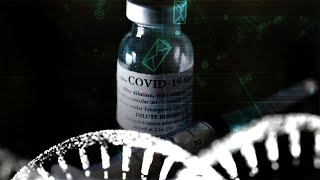Understanding COVID-19: How mRNA Vaccines Work

Much has been made of the fact that the Pfizer-BioNTech and Moderna COVID-19 vaccines involve Messenger RNAs (mRNAs). But how does mRNA work?
mRNA medicines are really just instructions that cells in your body use to create a variety of proteins—the building blocks and tools for cell function and survival—that can be used to fight disease. The mRNA vaccines for COVID-19 send those instructions, along with a blueprint of the SARS-CoV-2 spike protein, to the cells, triggering your immune system to generate very protective, high-level neutralizing antibodies. And that’s what gives your body the protection it needs against the virus. If you were to encounter the virus, your body would recognize that spike protein and send the immune system into “attack” mode.
Reports from the Phase 3 trials of these mRNA vaccines show that they have a high rate of efficacy, even in different age groups, which is significant because older adults tend to have lower responses to vaccines.
In this video, Yale experts Saad Omer, MBBS, MPH, PhD, Onyema Ogbuagu, MBBCh, and Akiko Iwasaki, PhD, explain the science behind these mRNA vaccines.
[Visit Yale Medicine's Vaccine Content Center for more stories on COVID-19 vaccines.]